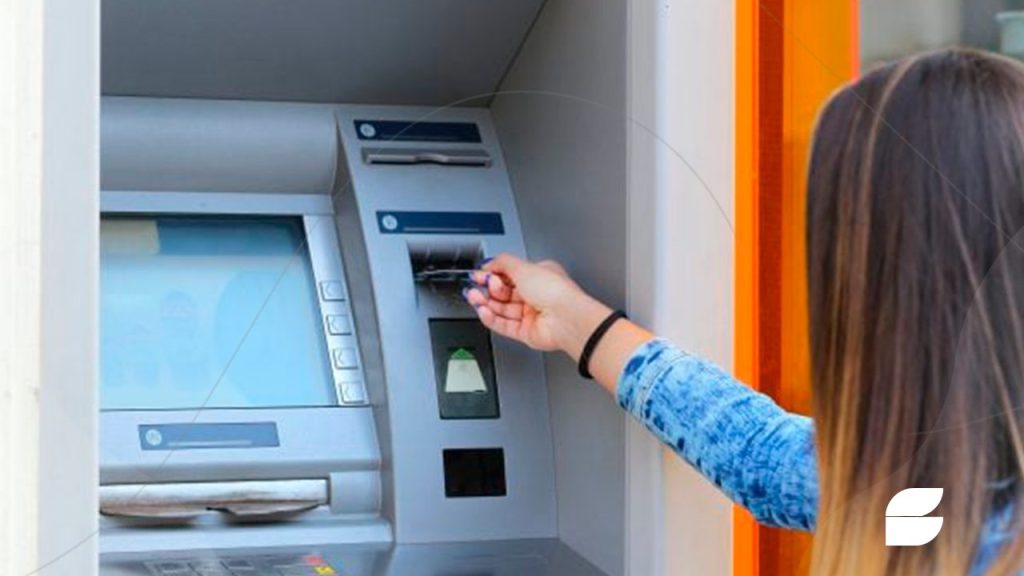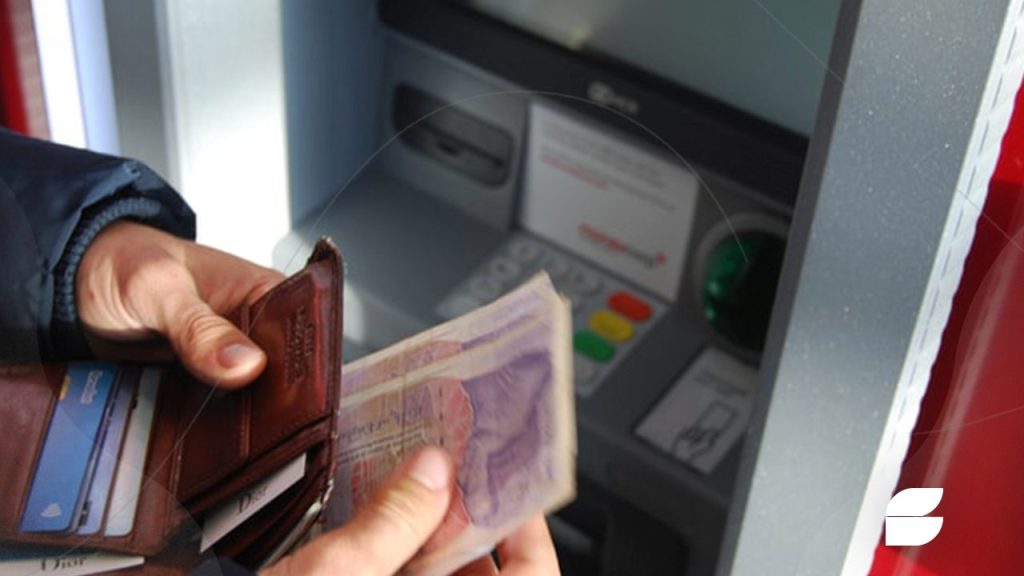Transferring money from a credit card to a bank account or another financial destination can offer flexibility in managing finances. However, in the UK, this process involves specific considerations, such as fees and interest rates that can impact your financial health. This guide will walk you through the details of how to transfer money from your credit card, the costs associated, and possible alternatives to consider for better financial planning.
Can You Transfer Money from a Credit Card in the UK?

Yes, in the UK, it is possible to transfer money from a credit card, but this is typically done through a feature known as a “money transfer” or “cash advance.” Most major credit card providers, such as Barclaycard, Virgin Money, and MBNA, offer money transfer options that allow you to send money from your credit card directly to your bank account.
This feature can be useful in emergencies or to consolidate debts by paying off an overdraft or personal loan. However, it’s important to note that money transfers usually incur higher interest rates compared to standard credit card purchases. Moreover, many providers charge a money transfer fee, usually a percentage of the amount being transferred.
How Does the Process Work?
To transfer money from your credit card in the UK, you can follow these steps:
- Check Your Credit Card’s Terms: First, ensure that your credit card allows for money transfers. Review the terms to understand any fees and interest rates involved. These fees typically range from 3% to 5% of the transferred amount.
- Choose an Amount to Transfer: Decide on how much you want to transfer, keeping in mind your credit limit. Be cautious not to max out your credit card, as this can affect your credit score.
- Initiate the Transfer: You can initiate a money transfer online through your credit card provider’s website or mobile app. Some banks also allow you to request a transfer over the phone. Enter your bank account details and the amount you wish to transfer.
- Pay Off the Balance: Since money transfers often come with higher interest rates, it’s best to pay off the balance as quickly as possible to avoid accumulating high interest.
Costs and Considerations
When transferring money from a credit card in the UK, you should be aware of the following costs:
- Transfer Fees: A typical money transfer fee ranges between 3% and 5%, meaning if you transfer £1,000, the fee could be up to £50.
- Higher Interest Rates: Money transfers usually attract higher interest rates than standard credit card purchases, often exceeding 20% APR.
- Impact on Credit Score: Maxing out your credit card to transfer money could negatively impact your credit score due to higher credit utilization.
Alternatives to Credit Card Money Transfers
Before opting for a credit card money transfer, consider exploring these alternatives:
- Personal Loans: If you need a significant sum of money, a personal loan may offer a lower interest rate compared to a credit card money transfer.
- Balance Transfers: Some credit cards offer 0% interest on balance transfers, allowing you to transfer an existing credit card debt to a new card with a promotional rate.
- Overdrafts: Some UK banks offer interest-free overdrafts, especially for current accounts, which could be a cheaper option for short-term borrowing.
Conclusion

Transferring money from a credit card in the UK can be a convenient option in times of financial need, but it comes with costs and potential risks. Be sure to weigh the fees, interest rates, and impact on your credit score before making a decision. Consider alternatives like personal loans or balance transfer cards, which may offer more favorable terms. With careful planning, a credit card money transfer can be a useful financial tool, but it’s essential to manage it wisely to avoid long-term debt.


